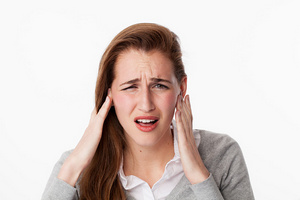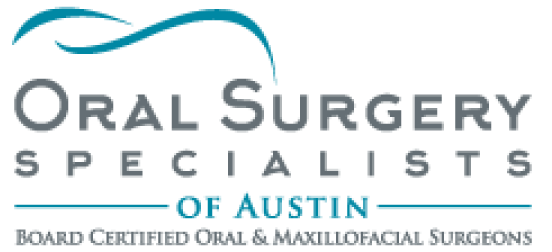
An uneven jaw can cause problems when talking, breathing, or eating. There are multiple causes of this condition, and it can be treated with either physical therapy or corrective surgery, depending on the severity of the condition.
WHAT ARE THE CAUSES OF UNEVEN JAW?
An uneven jaw occurs due to any structural problem on the mouth’s muscles, tendons, and jaws. The major cause of this condition is trauma on the jaw due to accidents, falls, or sports-related injuries. Trauma will lead to fracture, dislocation, or breakage of the jaw. TMJ disorder due to arthritis or trauma can also cause an uneven jaw.
In other cases, congenital disabilities can cause you to have a crooked jaw. Such an issue can be identified during birth and must be rectified early before the jaw bone fully develops. The faulty jaw can be corrected through corrective surgery. Teeth misalignment is another cause of problems in your jaw. Retainers and bracers can help realign the teeth and ensure your jaw is in the correct position.
TREATMENT OF UNEVEN JAW
Treatment primarily depends on the cause of the problem. If the cause is due to teeth misalignment, a dentist will use braces to solve that problem. For severe problems, surgery is the best treatment modality. Maxillary osteotomy is one surgical procedure performed on the jaw to correct cross or open bites. During this surgery, the teeth are shifted in position to align properly. An oral surgeon can also perform a mandibular osteotomy that helps rectify protruding lower jaw or an overbite. Genioplasty is another procedure that helps correct a crooked chin.
Braces and other dental appliances effectively treat mild cases of the uneven jaw. More severe cases require surgical reconstruction. If you are experiencing severe pain due to the condition, ensure you visit your doctor immediately. The doctor can assess the cause of the pain and find the best relief.

